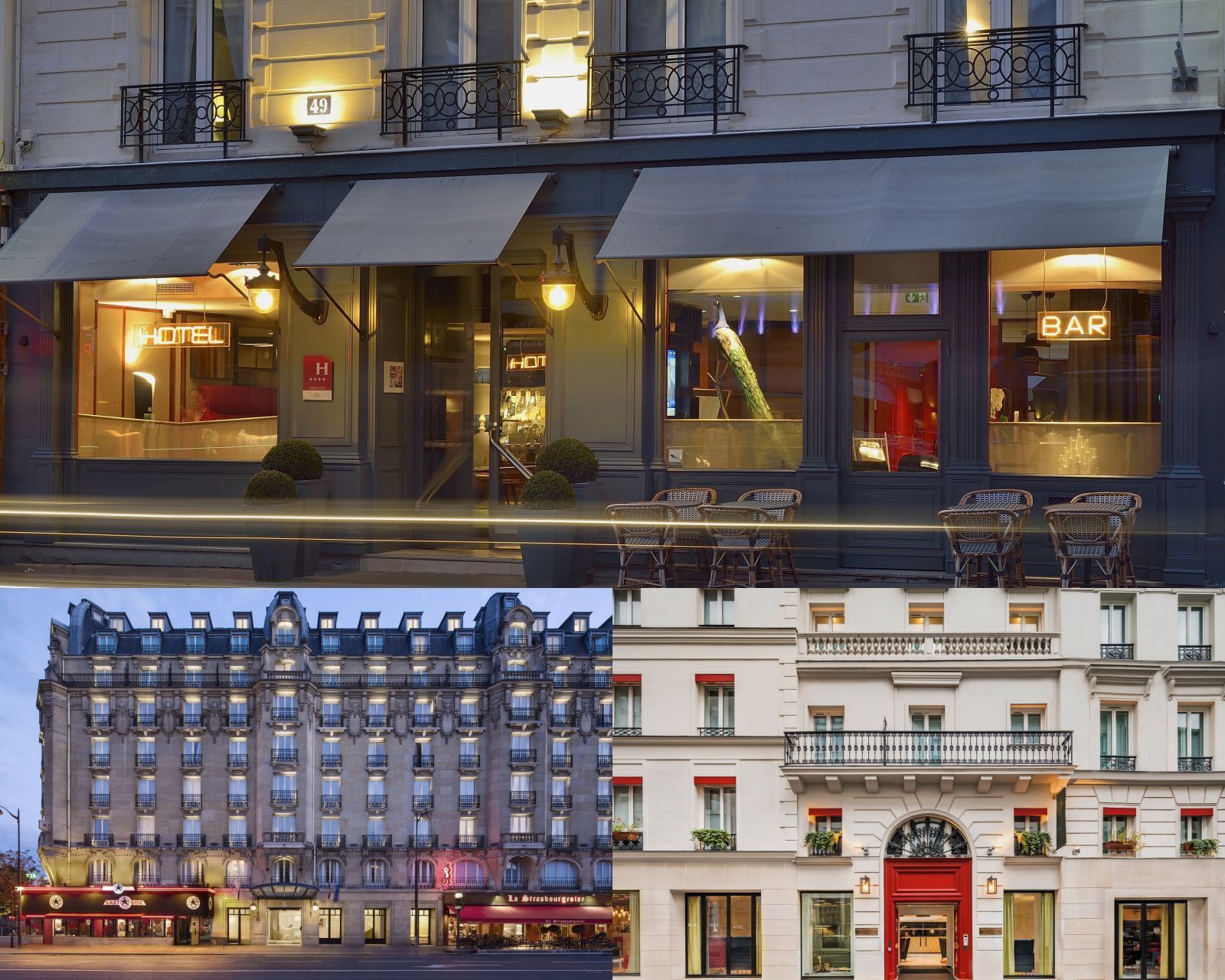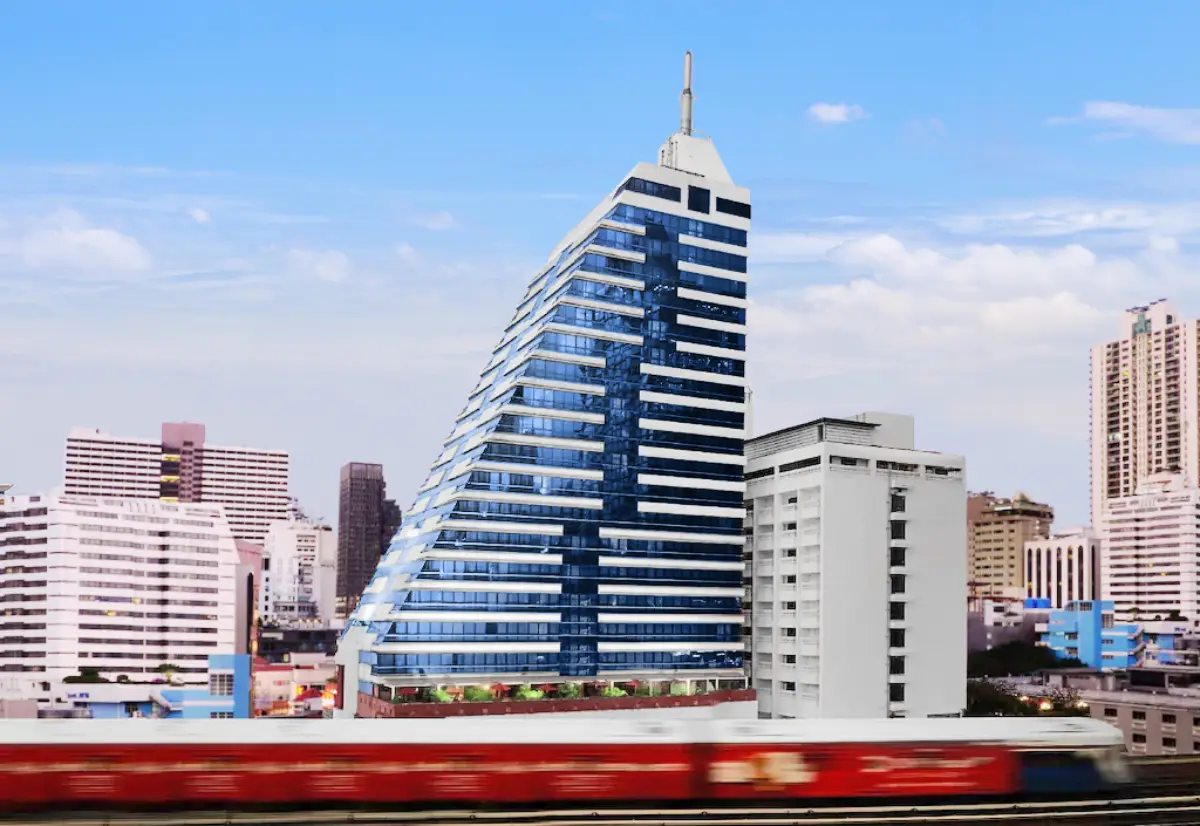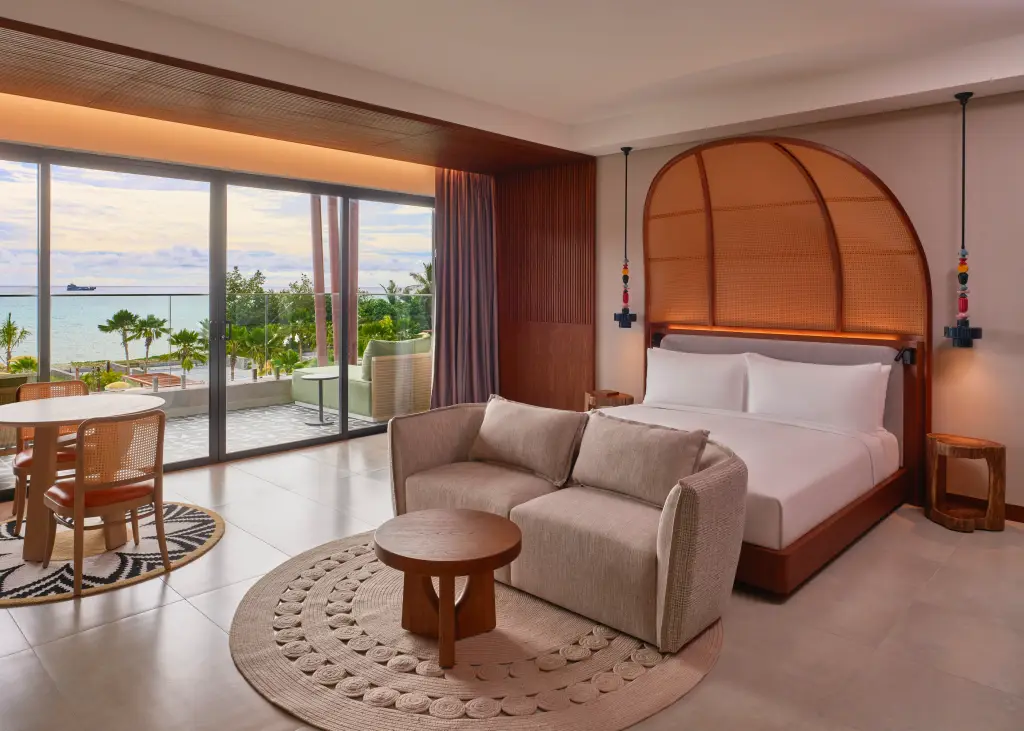The swift reopening of hotels during the third quarter, with 75% of the portfolio open as of the end of September enabled NH Hotel Group to capture domestic demand across its key European destinations in the third quarter, so that revenue climbed from €30 million in the second quarter to €148 million in the third quarter.
The average monthly occupancy across the open hotels surpassed 40%. In the first nine months of the year, revenue amounted to €458 million, down 63.6% compared to the same period of 2019, when the Group posted record revenue.
Revenue reactivation was complemented by a flexible cost structure, such that Group generated Operating profit despite the low demand. The Contingency Plan rolled out by the Group last March translated into significant savings in the second and third quarters, reaching close to 60% of operating costs and 50% factoring in rentals). The Group has extended its furlough and short working hour schemes and pay cuts until 2021 and continues to pursue additional lease renegotiations with a view to lowering its lease expense further.
Ramón Aragonés, CEO of NH Hotel Group, said “the Group has once again this quarter gone to tremendous efforts to reduce costs to render the revenue generated at all of the hotels reopened profitable, despite low occupancy levels. We are striving to monetise each visit and generate loyalty among all of our guests, framed by an exhaustive effort that continues tirelessly thanks to the hard work and sacrifice of NH’s professionals. We remain firmly committed to preserving liquidity and holding on to the Group’s notable competitive advantages for when the business returns to normal. Every quarter that we overcome such adverse business conditions is bringing us that bit closer to our objective. Indeed, the recent announcements regarding progress on ongoing research into an effective Covid-19 vaccine bodes for a potentially accelerated recovery in the travel sector in 2021 that NH is determined to benefit from.”
The combined effect of the revenue reactivation, and cost control reduced the Group’s cash burn substantially. Cash burn has gone from a monthly average of between €55 million and €60 million in the second quarter to a monthly average of €25 million between July and September (excluding the cashout for the transaction completed with Covivio). Available liquidity stood at €485 million at the end of September.
In order to protect and reinforce its liquidity, in October the Group reached an agreement with Spanish and international banks to extend the maturity of its €236 million syndicated RCF until March 2023 and secured a waiver until December 2021 from compliance with its financial covenants under the RCF and also the €250 million loan with the guarantee of Spain’s official credit institute, ICO, last May. Thus, the Group faces no relevant debt maturities until 2023. The combined strategy of reaching operating profit at the hotels that are open, preserving liquidity and extending debt maturities will enable the Group to maintain its current portfolio, other than the regular asset rotation that is recurring among the major sector players from one year to another.
Nevertheless, the second wave of the pandemic and the various health measures and mobility restrictions rolled out in Europe have obliged the Group to postpone the reopening of hotels initially slated for September and October. A number of hotels have been closed since October and additional closures are planned for the weeks to come. In such a complex business environment, and despite the low level of demand, NH remains convinced that its flexible operating and financial structure will allow it to overcome the challenges faced in the near term and take advantage from its brand recognition, excellent locations and strong market positioning when the recovery gains traction in Europe in the medium term.

Revenue amounted to €457.7 million in the first nine months of the year, down 63.6% from the €1.26 billion reported in the same period of 2019. This decline continues to be shaped by the ultra-low levels of demand observed since March, marked by LFL revenue drop of 64.8% at the European level. By business unit, those contractions amounted to 59.0% in Central Europe, 62.8% in Benelux, 66.2% in Spain and 73.0% in Italy. Average occupancy declined by 61.3% in the first nine months of the year to 27.7% at consolidated level. The Group reported a recurring EBITDA(1) loss of €11 million and an overall net loss of €295 million in the first nine months (compared to a net profit of €66 million in 9M19).
(1) Recurring EBITDA before gains from asset sales. Includes the impact of IFRS 16













